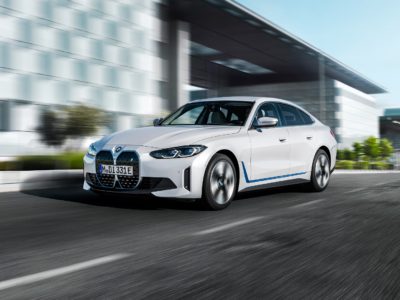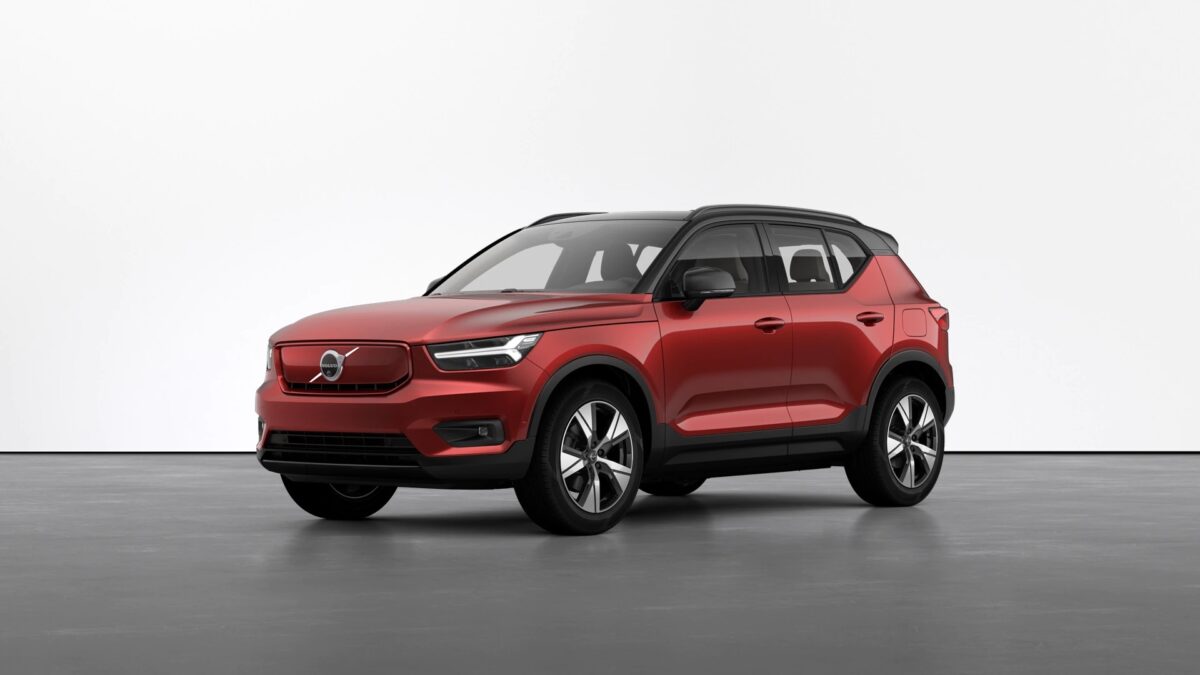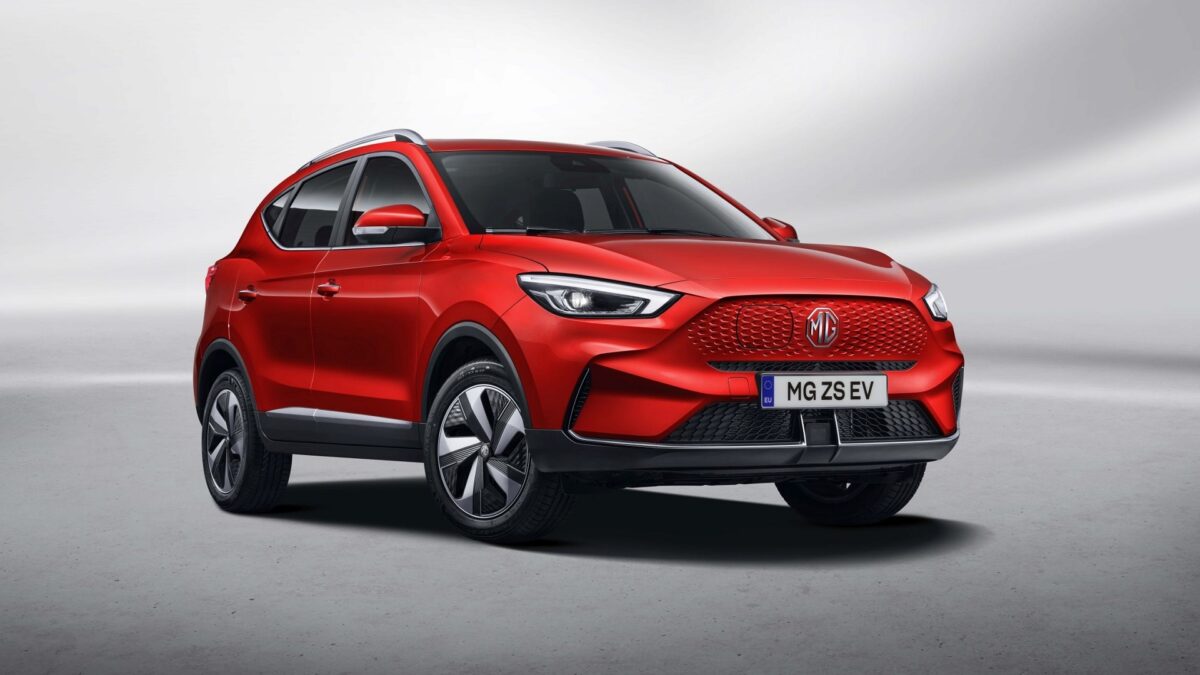Delhi Drafts EV Policy 2018
This isn’t the first EV (electric vehicle) policy to pop-up from one of the multiple governing bodies in India. Several states, including Karnataka, Kerala, Telangana and Maharashtra, have introduced their versions of EV policies in the past. While the main objective behind all those policies is to enable the quick transition from conventionally-powered vehicles to pure electric ones, they all have slightly different approaches and recommendations.
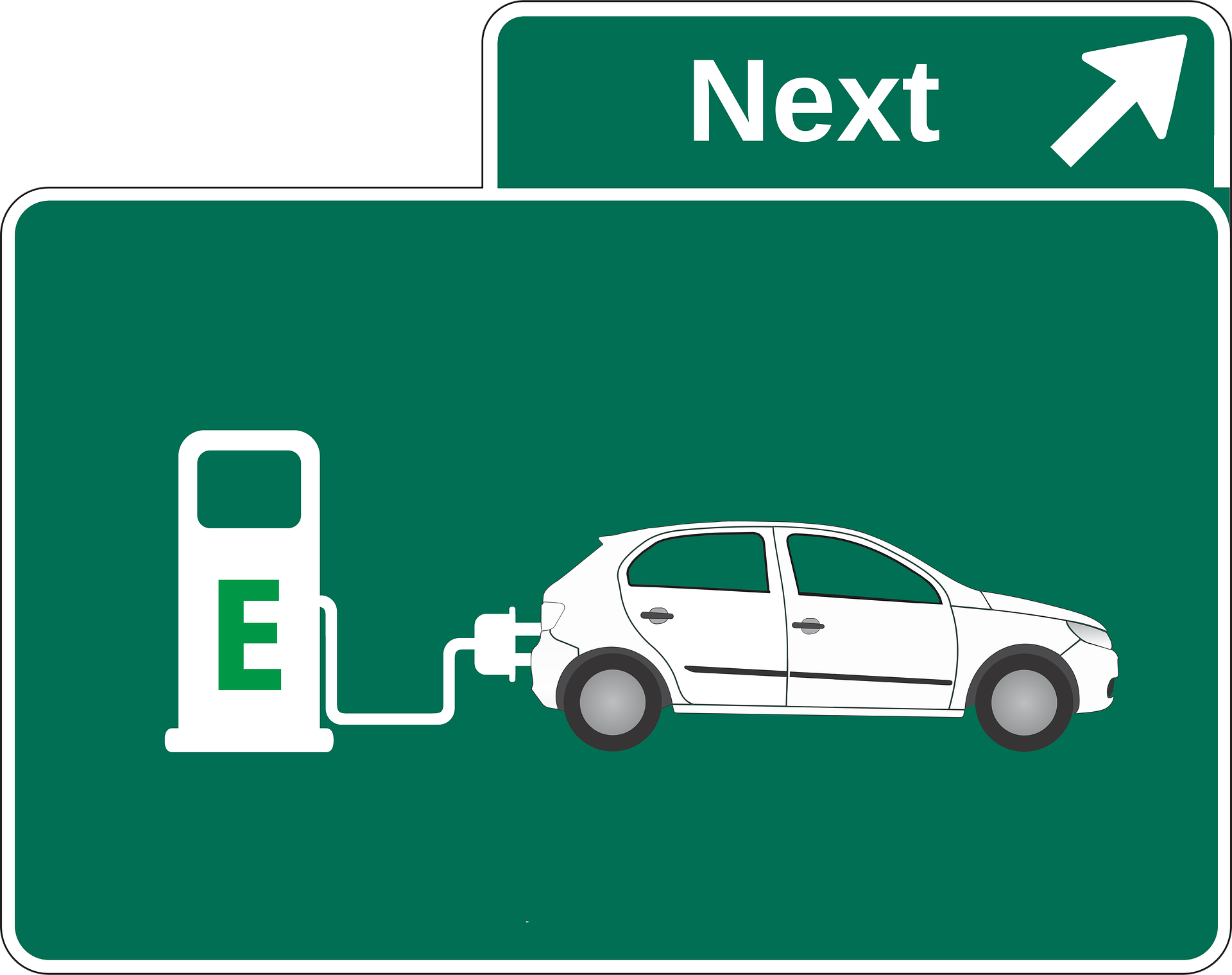
Like others, Delhi’s EV Policy makes the central government’s FAME (Faster Adoption and Manufacturing of Electric Vehicles) scheme as the cornerstone. It introduces some recommendations which could help in quickening the transition process and discouraging people from using fossil fuel-powered vehicles. The draft’s primary aim is to enable battery electric vehicles (BEV) to contribute to 25 per cent of all new vehicle registrations by 2023.
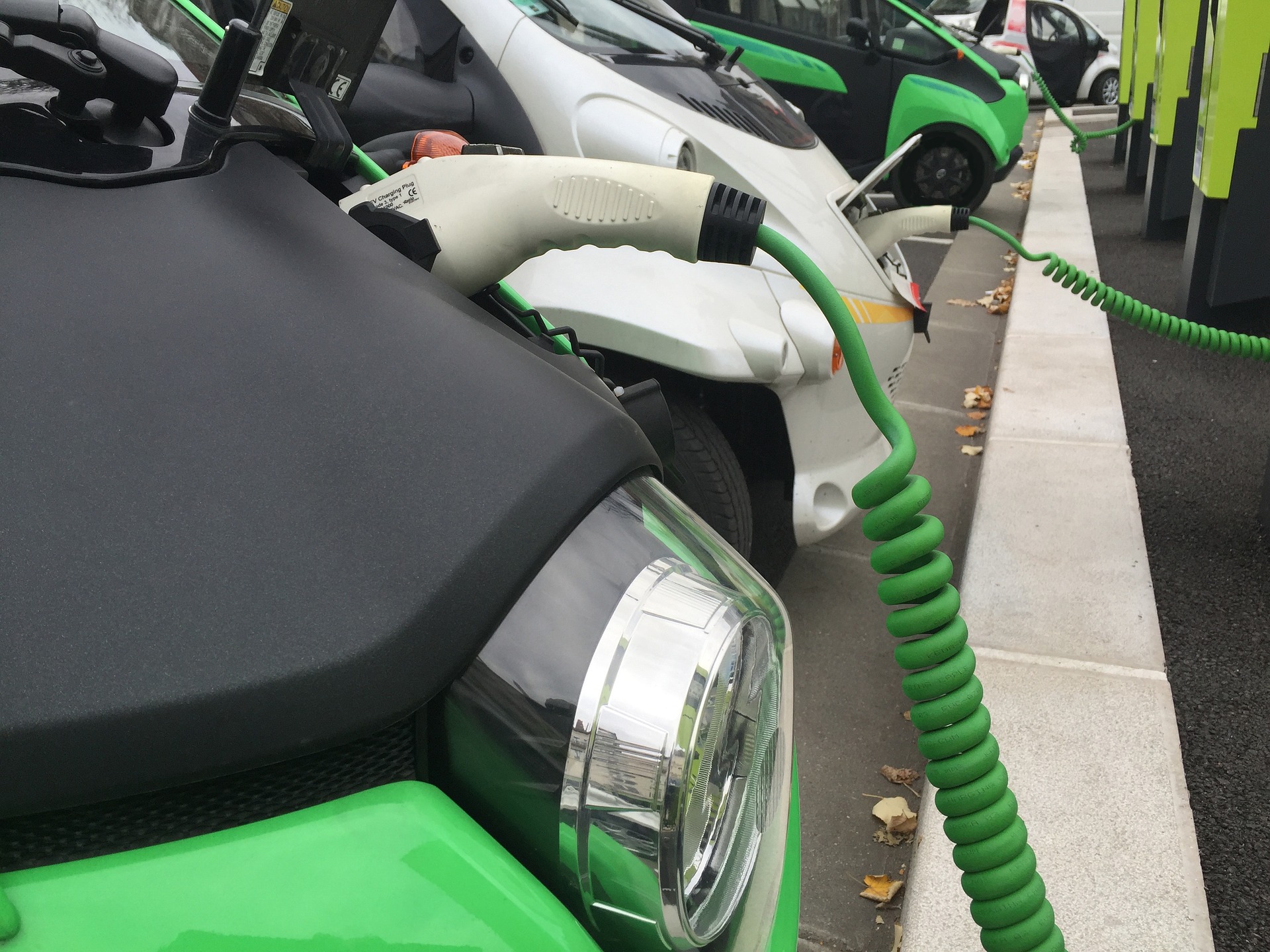
We will, of course, be focusing on cars only. Like FAME, the national capital’s EV policy 2018 draft doesn’t want to support technologies like mild-hybrid, strong hybrid and plug-in hybrid. Instead, it aims for Delhi to take a huge leap, transitioning from ICEs (internal combustion engines) to pure electrics. Mentioned below are some of the main points from the draft:
- The policy will have a five-year validity, from 2018-2023.
- E-car buyers will be eligible to get waivers for vehicle registration, road tax and MCD one-time parking fee.
- For every e-cab ride, passengers can get a cashback of up to Rs 10.
- From April 2019, a ‘Pollution Cess’ component will be added to the sale of petrol and diesel fuels. It will be revised every year.
- A higher cess will be levied on diesel, being a more polluting fuel and a known carcinogen, and the existing Diesel Cess will be subsumed under the new cess.
- All conventionally-powered vehicles will have to pay an ‘Air Quality Parking Surcharge’ on top of the Base Parking Fees. The additional surcharge will be revised every year.
- Additional road taxes will be levied on diesel and petrol vehicles. The tax amount will be based on a sliding scale concept, with expensive diesel vehicles paying the highest tax.
- A congestion fee of up to 2.5 per cent on fare will be charged on all trips originating or terminating with the NCT (national capital territory) and taken via cab aggregator or ride-hailing services.
- All the additional cess, fee and tax collected will be allocated to the State EV Fund, a move that will help in implementing the EV policy more effectively.
- Several changes will be made in building bye-laws to make them EV ready, including new and renovated residential buildings, nonresidential buildings, market buildings and office buildings.
- Charging facilities to be available within 3km of distance from anywhere in the national capital.
- Grants of up to Rs 30,000 for purchase and installation of charging stations.
- Reduced electricity rates for EV charging.
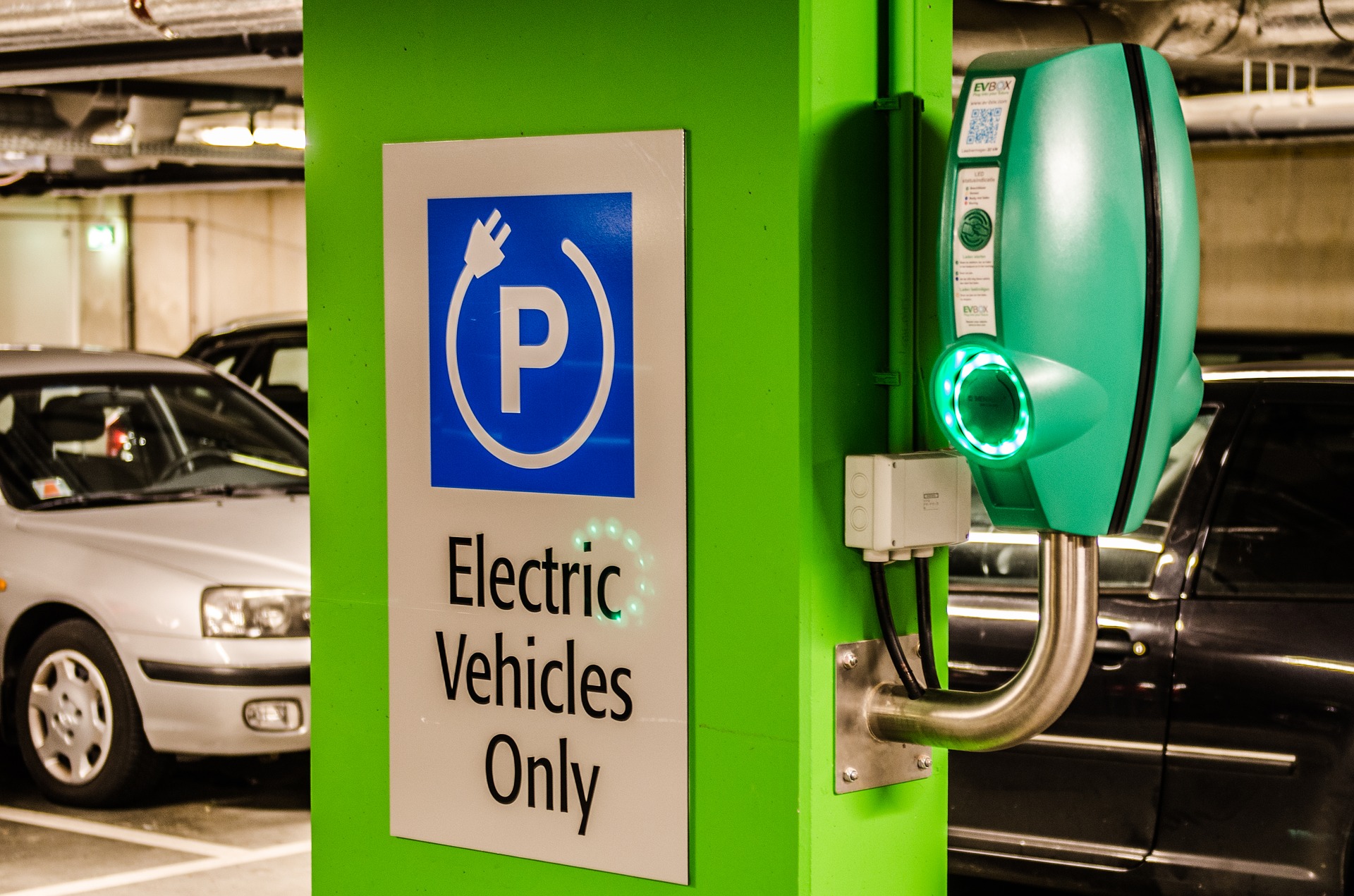
Delhi has been tackling the problem of air toxicity for a while now. And even with schemes like the odd-even rule and the sale of BS VI-grade of fuel, not much has improved. The EV policy draft will be presented and scrutinised on several levels before it is implemented. The truth is, Delhi needs a strong EV policy. Sure, it will have some harsh implications for most of the citizens, but it will create a strong root for us to build on.


